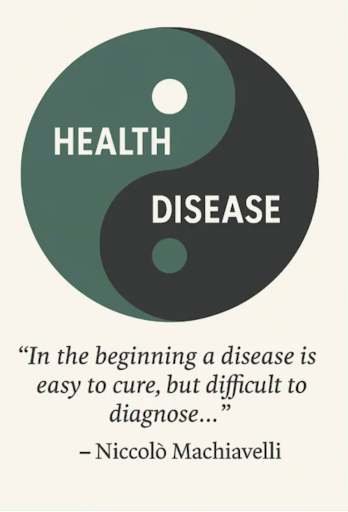Danish Study Shows HRT Cuts Heart Disease by 50% without Cancer Risk
- laurenlin8
- Oct 10, 2012
- 3 min read
Updated: Mar 5, 2024
Just a week after being disappointed by the KEEPS trial report, I am delighted by a new Danish study demonstrating very positive results for recently menopausal women on long term HRT. The study appeared in the British Medical Journal.
Why the difference?
Longer, larger, and unhealthier. In my recent commentary on KEEPS, I suggested that the null results could be explained by the women being too healthy to show benefit from the relatively short 4-year treatment duration. The trial needed to be longer and larger or the women needed to be a little more representative of the women in larger observational studies that have shown beneficial effects, i.e., a bit more unhealthy. Ask and you shall receive! In the Danish study, the 1006 perimenopausal or recently menopausal women (45-52 years old) had higher baseline blood pressure (131/80 vs 119/75) and 43 percent were smokers at enrollment. That's unhealthier than KEEPS women, and makes it more likely for the placebo group to develop atherosclerosis at a faster rate than the women in KEEPS. The women were treated for 10 years and then followed for six more years off therapy. That's six more years of treatment and 12 more of follow-up. The study was also larger by a third. Atherosclerosis takes time to develop but develops faster in women with more cardiac risk factors. It takes less time to detect the effect of a treatment such as HRT if the number of subjects studied is larger. These are the keys to answering the question KEEPS couldn't answer: Does taking HRT in early menopause decrease the likelihood of developing cardiovascular disease? The answer is a resounding 'yes.' These Danish women had over a 50 percent reduction in combined heart attacks, heart failure and death. Remarkably this reduction started to accrue very soon after initiation of therapy. At what cost? In this study, very little if any. The cardiovascular benefit occurred without any increase in cancers of any type, including breast cancer for which there was a non-significant reduction in comparison to placebo. Nor was there a significant increase in blood clots or pulmonary emboli. The study didn't comment on whether there was more irregular bleeding in the 80 percent of women who had not had a hysterectomy and thus were taking oral estradiol daily and norethisterone acetate for 10 days each month. In women without a uterus who were treated with estradiol alone, there was actually a significant decrease in breast cancer or mortality. Take home message: HRT is effective and safe for the prevention of cardiovascular disease if started early and can be continued for at least 10 years without an increase in adverse events.
Details and Caveats. The study used 2 mg of oral estradiol, a relatively high dose, and a progestin that is not commonly used in the US for HRT. Therefore, the results may not be fully applicable to the forms of HRT most commonly used in the US. It also didn't compare different types of estrogens or routes of delivery. Whether transdermal estradiol instead of oral or micronized progesterone instead of norethisterone acetate would have had better or worse effects on cardiovascular disease or cancer remains undetermined. Neither the KEEPS trial nor this Danish study is large enough to definitively answer the question of the balance of risks and benefits of long term HRT because the numbers of adverse events were so small. But women contemplating starting HRT can be reassured that yet another study confirms that the serious adverse events breast cancer, blood clots, and cancer are rare even over 10 years of treatment and six more years of follow up.




Comments